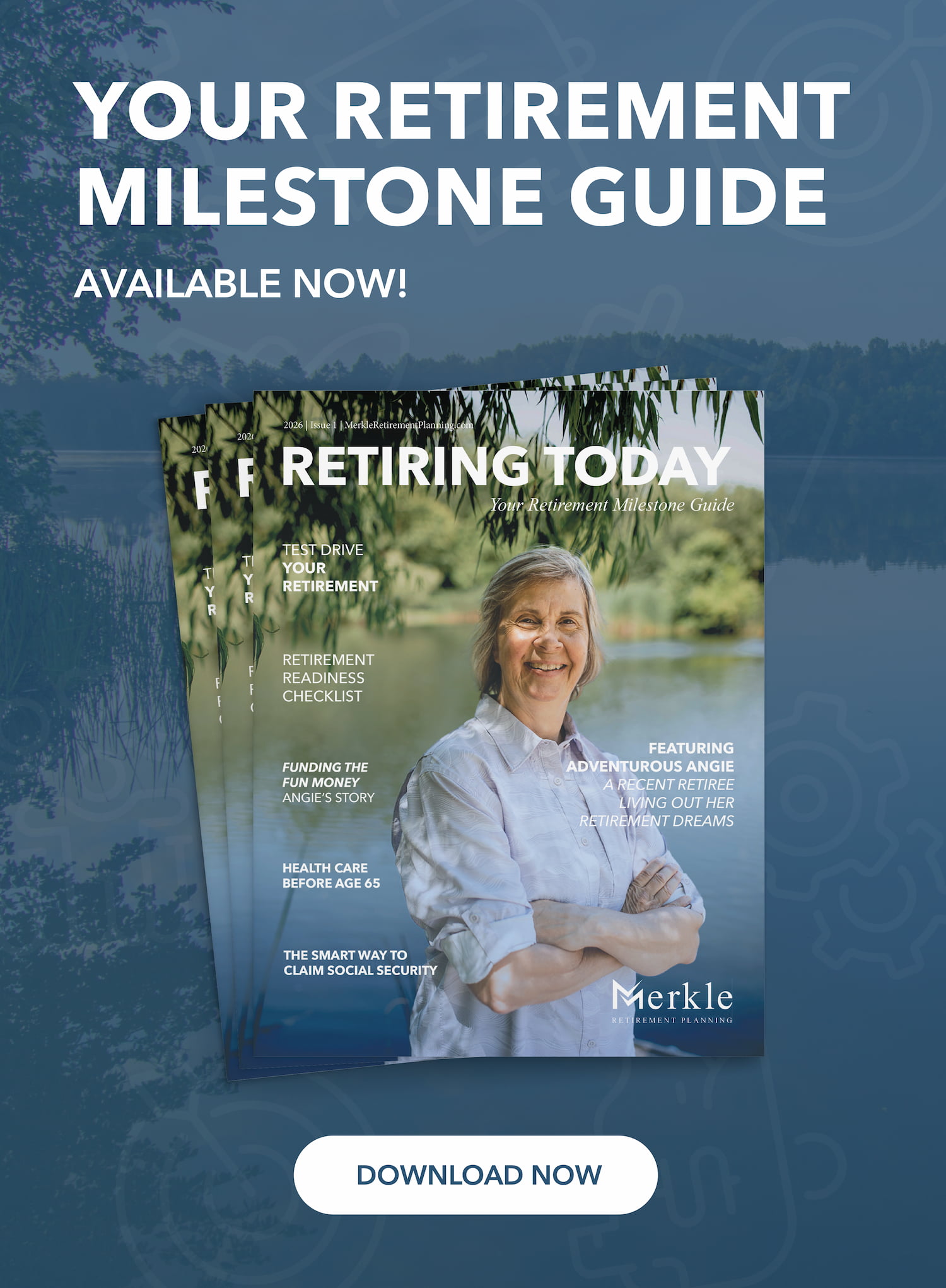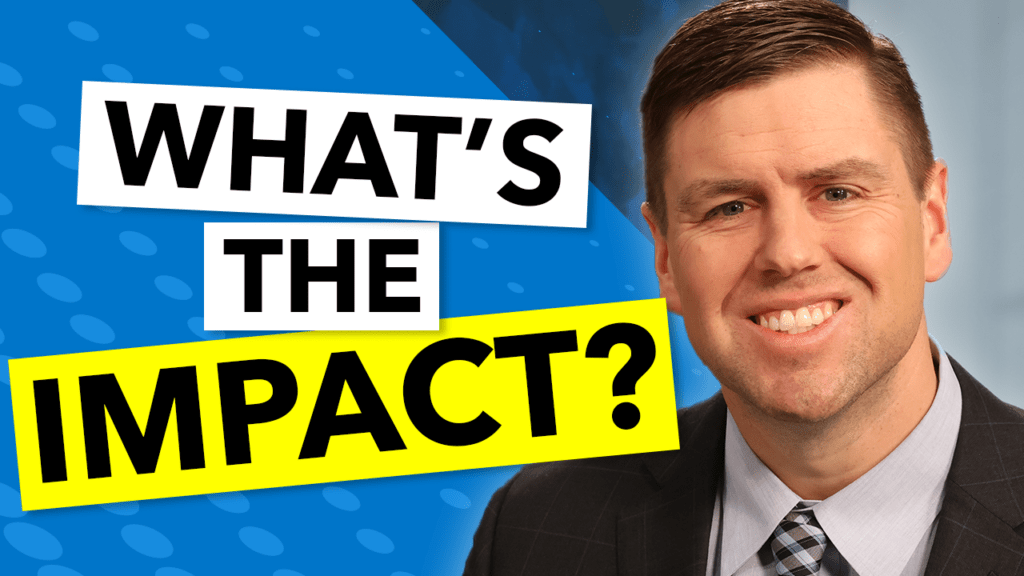This blog post explores the often-overlooked essentials of estate planning, dispelling the myth that it’s only for the wealthy. With insights from retirement planner Loren Merkle and estate planning attorney Charlie Bottenberg, it covers the importance of updating wills, the role of trusts, powers of attorney, and strategies to protect your legacy and loved ones—especially in blended families or complex financial situations.
–––––––––––––––––––––––––––––––––––––––––––––––––––––––––––––––––––––––––––––––––––––––––––––
Estate Planning Isn’t Just for the Wealthy: What Every Retiree Should Know
Estate planning often conjures images of vast fortunes and sprawling mansions—but for everyday individuals preparing for retirement, the reality is very different. According to estate planning attorney Charlie Bottenberg, every Iowan already has an estate plan—it’s just the default one provided by the state. Whether that plan aligns with your goals is another matter entirely.
Beyond the Will: Is Your Plan Complete?
Many people equate estate planning with simply having a will. In fact, it’s common for individuals to feel a false sense of security after drafting a will decades ago—often when their children were young. But as life circumstances evolve, that will may no longer reflect one’s current priorities, needs, or family structure. Bottenberg explains that a will, in its most basic form, is merely a legal instruction manual for the court to distribute your assets. It does not help you avoid probate, nor does it address special circumstances or offer the flexibility that more comprehensive estate planning tools, like trusts, can provide.

Why Trusts Are for More Than the Wealthy
Contrary to popular belief, trusts are not only for the ultra-rich. In Iowa, assets such as IRAs, 401(k)s, real estate, and life insurance benefits count toward your gross taxable estate. As Bottenberg notes, many families may be surprised to find their estates large enough to benefit from the efficiency and cost-saving advantages of a properly drafted and funded trust.
A revocable trust is often described as a utility tool for estate planning because it offers flexibility during your lifetime and helps efficiently move your assets from point A to point B after you pass. You can update or revoke it at any time, and it’s especially useful for avoiding probate and maintaining privacy.

In contrast, an irrevocable trust typically cannot be changed once it’s established. While it requires giving up control of the assets placed inside it, an irrevocable trust can offer added benefits such as asset protection and potential tax advantages. The right choice depends on your goals—whether you prioritize control and simplicity, or protection and planning for complex situations like Medicaid eligibility or estate tax mitigation.

Understanding which type of trust is appropriate requires a detailed look at your financial goals, health outlook, and family dynamics.
Making the Plan Work: Coordination Is Key
Even the most expertly drafted trust is ineffective if not implemented properly. Loren Merkle often sees families and individuals who have a trust but haven’t integrated it into their financial life—no accounts retitled, no beneficiary updates, and no clear instructions. That’s where coordination among financial advisors, attorneys, and CPAs becomes critical.
Bottenberg emphasizes that proper communication across your financial team can help with a seamless transition and prevent costly errors. He also encourages families and individuals to loop in their power of attorney agents and trustees early, so they know their roles and where to find key documents when needed.
Safeguarding Loved Ones With Thoughtful Planning
Planning for a legacy isn’t just about splitting assets. It’s also about protecting them. Many families worry about adult children with poor money habits, special needs, or unstable relationships. In these cases, asset protection trusts can be designed with specific distribution rules—such as only releasing funds for education, housing, or health expenses—and naming a trusted individual or corporate trustee to make decisions on the beneficiary’s behalf.
For blended families, things get even more complex. Couples who marry later in life often hesitate to discuss legacy goals, especially when children from previous relationships are involved. Merkle encourages having these conversations early. If both spouses aren’t aligned on where assets should go, a proper plan can’t be constructed—and assumptions can lead to conflict later.
The Critical Role of Powers of Attorney
No estate plan is complete without both medical and financial powers of attorney. Medical directives dictate who makes health decisions if someone becomes incapacitated and outline wishes related to end-of-life care and organ donation. Financial power of attorney designates who can manage finances in such circumstances. As Bottenberg shares, the absence of these documents can lead to costly and stressful court proceedings, such as guardianship or conservatorship hearings.
He cautions that it’s not enough to name someone—you must also inform them of their role and ensure they have access to the necessary documents.
Planning Around Estate Taxes
Federal estate taxes currently only impact estates exceeding $13.99 million per individual or nearly $28 million per couple.

However, these exemptions—set by the 2017 Tax Cuts and Jobs Act—are scheduled to sunset at the end of 2025, potentially cutting those thresholds in half. Bottenberg recommends planning now, particularly for couples with net worths in the $14–28 million range, who may soon face tax implications unless laws are extended or reformed.
Your Legacy, Your Way
At its core, estate planning is about control—choosing how and when your assets are distributed, protecting your loved ones from unnecessary stress, and ensuring your intentions are honored. Whether you’re concerned about taxes, family disputes, or simply getting your affairs in order, a well-crafted estate plan allows you to pass on more than just money. It lets you pass on peace of mind.
Click here to watch the full episode “The Basics of Estate Planning (Wills, Trusts, and Powers of Attorney)” on YouTube!










